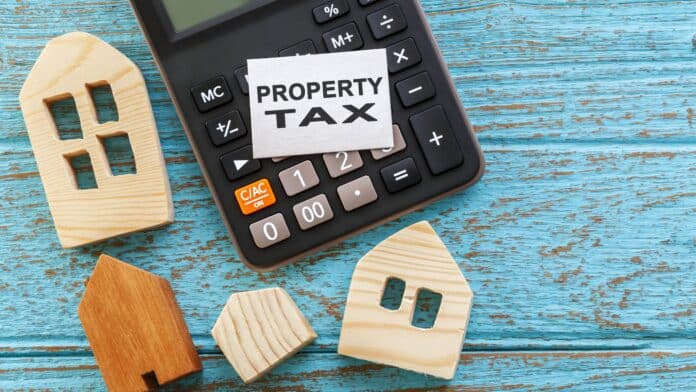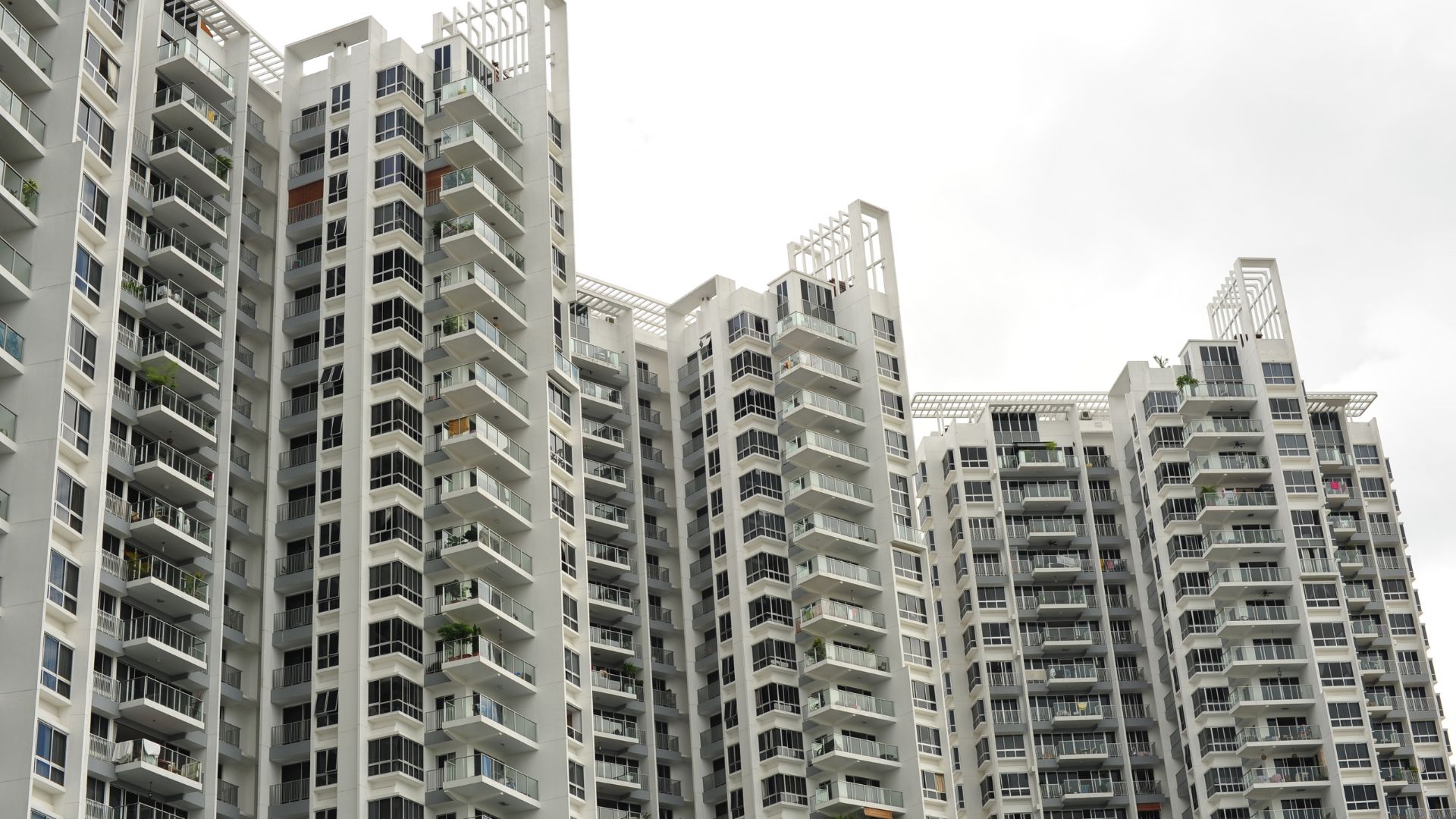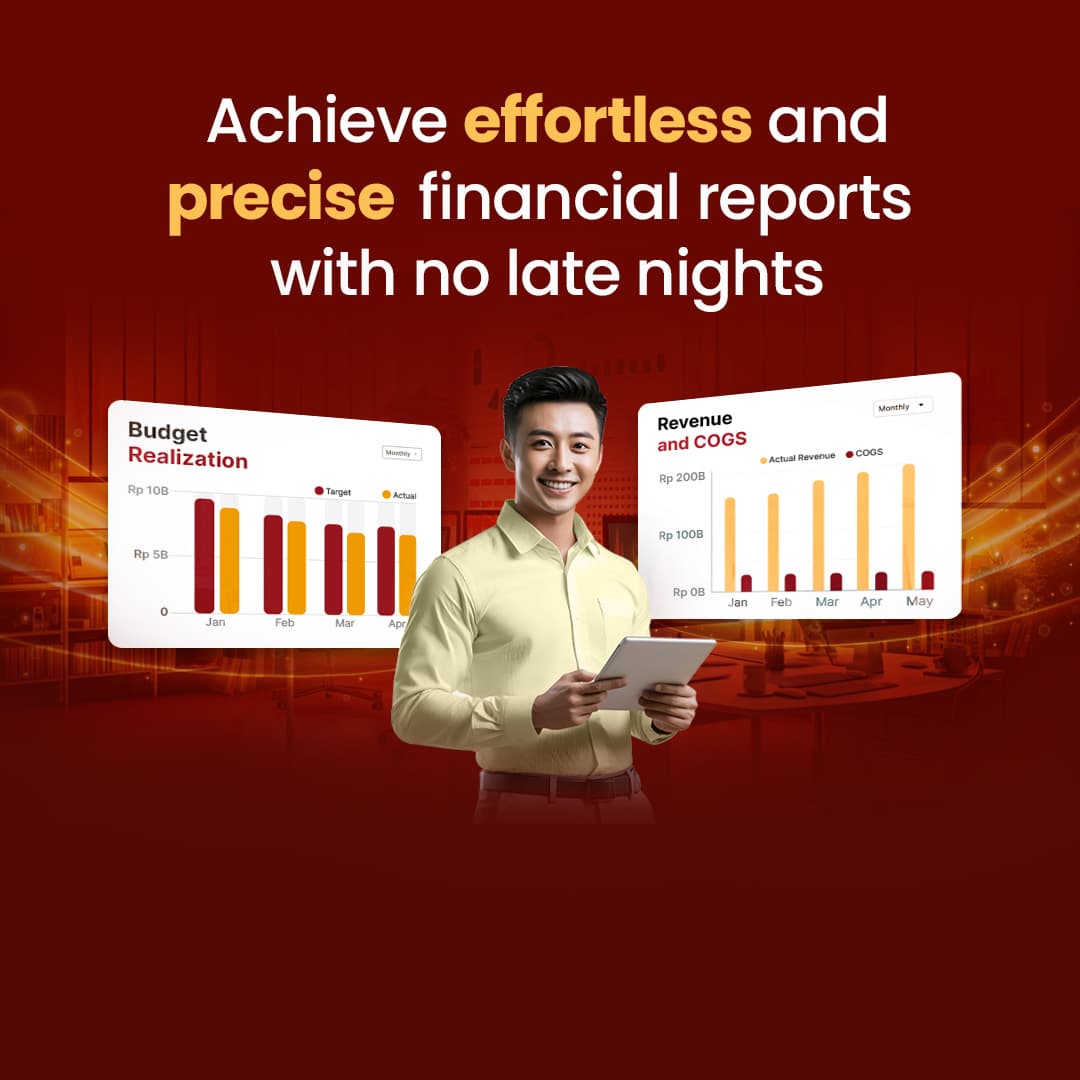The property tax in Singapore keeps rising every year. It’s because when you own a property, you don’t just own the property itself, but you must also pay its tax. Your income tax, rental tax, and stamp duty differ from your property tax.
Income taxes are based on how much money you make, rental taxes only apply to certain property owners, and stamp duty is a fee you must pay when buying a home. Most property owners have trouble calculating their property taxes, especially if they own a business property or real estate.
Worry not; you can easily handle the calculation of all taxes in business with the help of Accounting Software, which will manage and record all types of taxes in business automatically. Here’s how to figure out Singapore’s property tax rates, calculate them, and how Accounting Software can help.
Key Takeaways
|
Table of Content:
Table of Content
Why is HDB Property Tax in Singapore Increasing?
As the property tax levied varies yearly in Singapore, most property owners need to be more knowledgeable about how these taxes are determined.
Singapore’s Finance Minister Lawrence Wong, in his 2022 budget speech, said that property taxes on homes that aren’t owned by the owner, such as units bought for investment, will go up from 10-20% to 12-36% by 2024.
Rates for owner-occupied homes would also go up over the next two years, from 4-16% to 6-32%. Right after the Budget 2022 was announced, property tax rates for both owner-occupied and non-owner-occupied homes in Singapore will go up starting in 2023.
As previously stated, property taxes in Singapore are set to rise in 2022 and possibly in the years ahead. Why? Whether you are an owner or non-owner occupier, The Inland Revenue Authority of Singapore (IRAS) property tax rate remains unchanged (only if you rent out an apartment).
However, it doesn’t apply to the Annual Value (AV), which most HBD apartments will increase. That’s the answer to why HBD property tax increases. When rental value rises, AV rates rise, and vice versa.
Due to rising rental prices, IRAS will raise HDB flats’ annual values by 4% to 6% in 2022. HDB flats with three or more bedrooms will have an additional $8 to $26 (Singapore dollar) in property tax in 2022, whether rented or not. Owners of one- or two-bedroom flats won’t have to pay HDB property tax, nor will a third of 3-bedroom flat owners.
How to Calculate the Annual Value (AV) of Property Tax in Singapore?
The formula to calculate the Annual Value is as follows:
| The rental value – (Furniture rental + Maintenance fees) |
Let’s take Mr. X’s rental unit and let’s calculate the property tax rates (non-owner-occupied properties) effective 1 January 2023:
| Monthly rental income | $2,500 |
| Monthly furniture rental | $900 |
| Monthly maintenance | $500 |
| = $1,100 x 12 months | |
| Total AV | = $13,200 |
When there is a change to the tenants’ AV rates, IRAS will send a notification to the property owners. To make it even easier, IRAS has a website where property owners can check the current AV rates at any time.
Also read: Property Business or Real Estate: 7 Clever Tips How To Grow It
The Property Tax Rates in Singapore
Based on the IRAS website, there are three different rates for paying property taxes: the owner-occupied rate, the non-owner-occupied rate, and the business and industrial properties. The IRAS Property Tax Rate is determined by how progressive tax rates are and whether or not the unit is occupied by its owner.
The progressive tax rates then result; the higher the value of your property means, the higher your tax rate to calculate the annual property tax rates in Singapore, simply multiply the property’s Annual Value (AV) by the Property Tax Rates that apply to you.
This will give you the annual property tax rates. For example, if your property’s AV is $30,000 and your tax rate is 10%, then the amount of property taxes you are responsible for would be $3,000 ($30,000 multiplied by 10%).
1. Owner-occupied tax rates
Condominiums, HDB flats, and other types of residential properties are considered to be owner-occupied if the owner resides in and “occupies” the unit. Residential properties that are occupied by their owners are eligible for lower tax rates.
According to what was said in the Budget 2022 announcement, the property tax rates for owner-occupied homes will change and be effective on 1st January 2023. The increase will affect all properties that are not owned by the owner and have an annual value of more than $30,000.
| Annual Value ($) | Effective 1 Jan 2023 | Property Tax Payable |
| First $8,000
Next $22,000 |
0%
4% |
$0
$880 |
| First $30,000
Next $10,000 |
–
5% |
$880
$500 |
| First $40,000
Next $15,000 |
–
7% |
$1,380
$1,050 |
| First $55,000
Next $15,000 |
–
10% |
$2,430
$1,500 |
2. Non-owner occupied tax rates
Condominiums, HDB flats, and other residential properties that are owned but whose owners do not occupy them are examples of non-owner occupied residential properties (“occupy”). As a result, the tax rates that apply to owner-occupiers are not applicable.
| Annual Value ($) | Effective 1 Jan 2023 | Property Tax Payable |
| First 30,000
Next $15,000 |
11%
16% |
$3,300
$2,400 |
| First $45,000
Next $15,000 |
–
21% |
$5,700
$3,150 |
| First $60,000
Above $60,000 |
–
27% |
$8,850 |
3. Business and industrial properties
Properties that are not considered to be residential, such as commercial and industrial buildings and land, are subject to a tax that is equal to 10% of the property’s annual value. Even if you bought the property for your own personal use and occupation, you are not eligible for the lower owner-occupier tax rates that apply to residential properties.
If you own a business or industrial property and real estate, you are responsible for paying the taxes associated with those assets. The process of calculating all of your taxes may be a hassle for you.
But with the assistance of Accounting Software, you can easily manage the calculation of all types of business taxes and tax filing. Such software will automatically and accurately record all types of business taxes, without errors.
Also read: Buying a Home in Tennessee: Types of Home to Consider
Conclusion
In 2022 and possibly later, property taxes will rise. When rents rise, AV rates do too. Most property owners need help calculating their property taxes, especially business and industry owners.
That is why HashMicro Accounting Software is used to assist them in accurately calculating and paying all taxes. By using the software, business owners can effectively record transactions, increase data security, and assist accountants with bookkeeping. Moreover, HashMicro’s Accounting Software is the best Peppol accounting software for businesses.
It will help you in the long run if you use it. You can manage not only all of your business’s taxes but also cash flow management, journal entries, reconciliation, and easy management of invoices. Learn more about the software and consult us to get a demo version for free.
























































